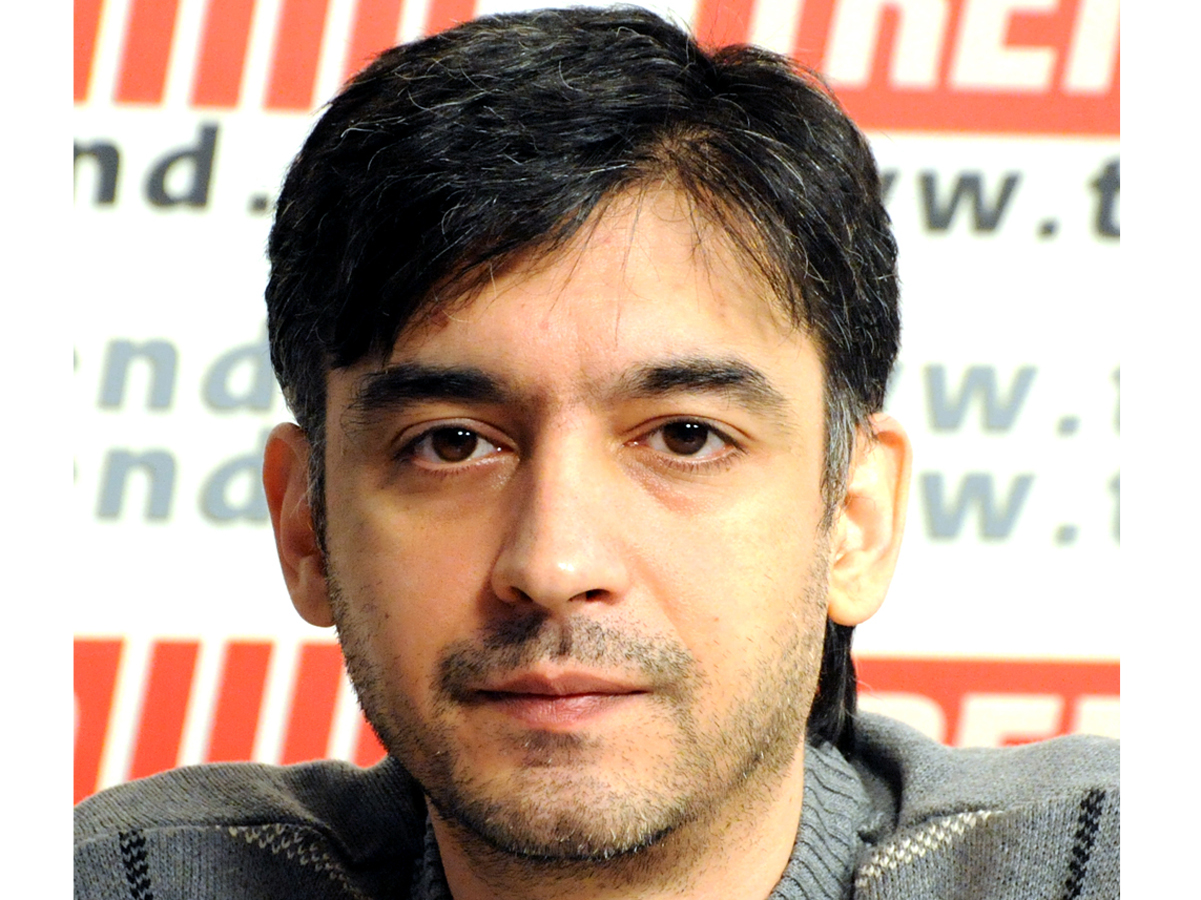Baku, Azerbaijan, Oct. 26
By Umid Niayesh - Trend:
Taken out of Iran 's political arena for years, it is hard for reformists to return to the decision-making centers in the Islamic Republic.
During the last presidential election in Iran (June 2013), reformist groups such as Participation Front and Islamic Revolution Mojahedin Organization supported Hassan Rouhani, who eventually won the election.
Rouhani's win actually was a result of unannounced coalition of reformists and moderates against eight years of hardliners domination in the country.
After Mahmoud Ahmadinejad took office in 2005 reformists gradually were expelled from important governmental posts. The main reformist parties were even banned after the 2009 disputed presidential election protests and influential reformist figures were jailed.
Despite their decisive role in Rouhani's victory, reformists did not receive their expected share in the government. There were some speculations that Mohammad Reza Aref, who withdrew from the presidential race in favor of Rouhani, would be appointed as vice-president. But it did not happen and Rouhani preferred to appoint a moderate politician as his vice-president, a significant sign that the Islamic Republic's solid political arena is not yet ready to see reformists at top governmental posts.
But what are the differences between the two political wings? If we want to summarize, it can be explained by their stance towards political and economic development. Political development is a priority for reformists while moderates emphasize economic development.
Reformists, themselves understand that they have no choice but to work with moderates.
Famous reformist politicians including Aref have underlined that reformists and moderates should form a coalition in upcoming parliamentary election (February 2016). Their main strategy is based on sending more moderate-reformist MPs to parliament, making the number of hardliners as few as possible.
Conservatives have held a majority in Iranian parliament since 2004, when they overturned a reformist majority. Changing this will not be easy since the Guardian Council, a powerful conservative body, qualifies the candidates.
In 2004 parliamentary election the Council disqualified about 4,000 reformist hopefuls, including 80 sitting members.
The Council has announced on various occasions that it will not approve the candidates who were connected with riots following the 2009 presidential elections, which means famous reformist politicians have no chance to enter the parliamentary race. To overcome the barrier, the Iranian reformists may try their chance with infamous, less known figures.
Rouhani's administration has taken successful steps in foreign policy and economic issues. More than a decade old nuclear dispute is resolved and inflation has decreased from 40 percent to 13 percent under Rouhani's government. But the moderate president has failed to fulfill campaign promises to allow greater freedom of expression and release of political prisoners which makes his reformist supporters dissatisfied.
However settling the nuclear case is a major achievement, enough to bring significant victory for Rouhani's allies in the parliamentary race.
We may also see Aref, the reformists' most important figure who can pass the Guardian council barrier as parliament speaker next year, but they will not be able to come out of the moderates' shadow at least in the short term.
They have established a new political party- Union of Islamic Iran People Party- thanks to Rouhani. However the party is accused of being a "front" for the banned Islamic Iran Participation Front, which confirms how difficult it will be for reformists to overcome obstacles in their political activities.
Edited by CN
Umid Niayesh is Trend Agency's staff journalist, follow him on Twitter: @UmidNiayesh







